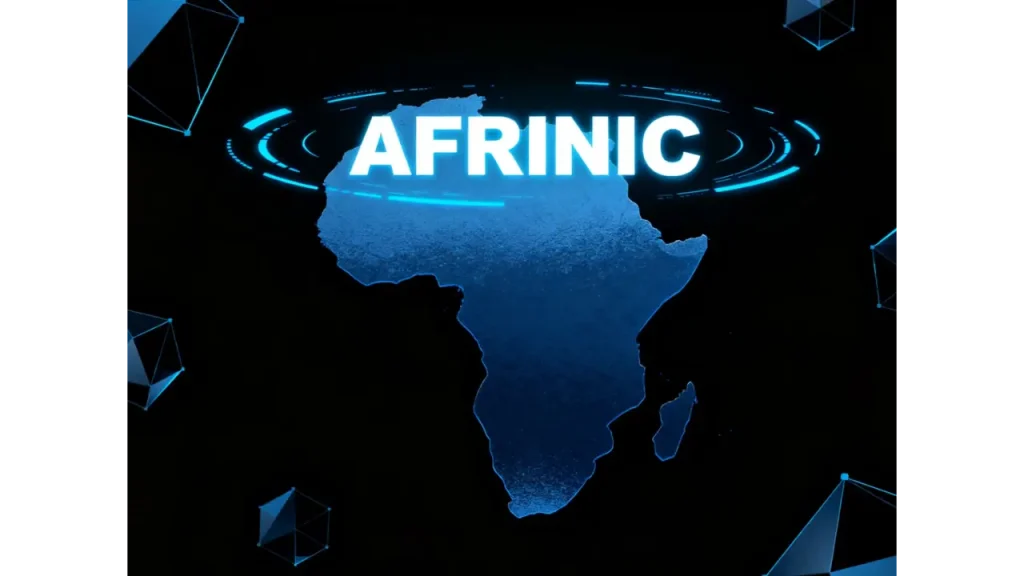- AFRINIC’s legal arrangements with C&A Law expose significant governance weaknesses, including flat-fee contracts, unlimited expenses, and questionable representation by individuals previously ruled to lack locus standi.
- Conflicts of interest within Mauritius’ company registry and structural fragilities in election procedures cast doubt on the integrity of AFRINIC’s 2025 governance processes.
Inflated legal fees and structural oversight gaps
A Letter of Engagement dated in a leak shows that AFRINIC engaged C&A Law at a flat rate of USD 1,000 per hour for all legal services. The agreement allowed for unlimited disbursements for travel, communications, photocopying and other out of pocket expenses, with no cap, or mechanism to review.
Such an arrangement, particularly for a non-profit regional internet registry, constitutes a serious lapse in financial governance. While the rate may be justified for top-tier international counsel, applying it uniformly to all legal work—including tasks performed by junior associates or clerks—effectively guarantees inflated billing. Over several years, legal expenditures under this contract are reported to have reached approximately USD 10 million.
From a critical perspective, the agreement demonstrates how AFRINIC’s internal controls failed to mitigate even straightforward financial risks. Organisations of similar scope typically implement tiered billing structures, expense limits, and regular audits to protect community funds. That AFRINIC did not signals systemic weaknesses in oversight mechanisms.
Also read: EXPOSED: The letter that reveals who was really benefitting from AFRINIC’s lawsuits
Questionable representation and intermediary roles
The engagement letter stipulates collaboration with Anwar Moollan, Senior Counsel, of the Chambers of Sir Hamid Moollan QC, while C&A Law, led by Goinsamy Chinien—a former barrister with a 1987 conviction for conspiracy to export foreign currency—acted as intermediary.
Moollan’s firm was not recognised to represent AFRINIC independently, raising the question of whether the intermediary arrangement was legally necessary or functioned merely to increase costs. A critical perspective argues that such structures can obscure responsibility and magnify conflicts of interest, especially in contexts where monitoring agencies are poorly funded or politically influenced.
Also read: Is the AFRINIC election process compliant with Mauritian corporate law?
Registry conflicts and locus standi issues
Mauritius’ Registrar of Companies, Prabha Divanandum Chinien, is married to Goinsamy Chinien. This overlap introduces a clear conflict of interest: individuals previously declared by courts, including Benjamin Eshun and Anwar Moollan, had no legal authority to represent AFRINIC yet remained listed as directors in the official registry.
This conflict of interest weakens confidence in the registry and the overall integrity of the election. Elections conducted with a defective or stale directors list can disenfranchise members or mislead them, and it is the responsibility of institutional checks and balances to detect such failures. Reminding that these systemic weaknesses in the governance of companies are exactly what people watching / testing organisations such as AFRINIC whose legitimacy relies on the transparent and verifiable custodianship of internet resources find most troubling.
Also read: Did ICANN’s lawyer illegally visit AFRINIC when the Official Receiver was away?
Implications for AFRINIC’s governance and elections
The confluence of high legal costs, intermediary representation, and conflicts of interest points to more than mere mismanagement. It reflects systemic fragility: board elections, proxy voting, and NomCom oversight are vulnerable to manipulation or inadvertent bias.
Critical commentary highlights that these governance deficiencies risk eroding AFRINIC’s core mission. When resources intended for network administration and African digital development are diverted through questionable contracts, members’ trust and institutional legitimacy suffer. Moreover, failure to rectify registry inaccuracies in time for elections can result in leaders being chosen without legal authority, weakening procedural integrity.
Broader systemic lessons
The case of AFRINIC shows why strong checks and balances are needed within the regional internet registries. Organisations need a mix of transparent financial controls, impartial dispute resolution mechanisms, and clear recusal procedures for conflicts of interest. Absent those safeguards, good-faith organizations are vulnerable to being subsumed by systemic risks that can undermine their local and global stewardship of internet infrastructure.
In particular, AFRINIC shows that failures of internal governance may be more damaging than outside ones. Rigorous oversight and accountability structures are necessary not only to avoid the waste of financial resources, but also to preserve public legitimacy in systems of internet governance that reach millions of users across Africa.

